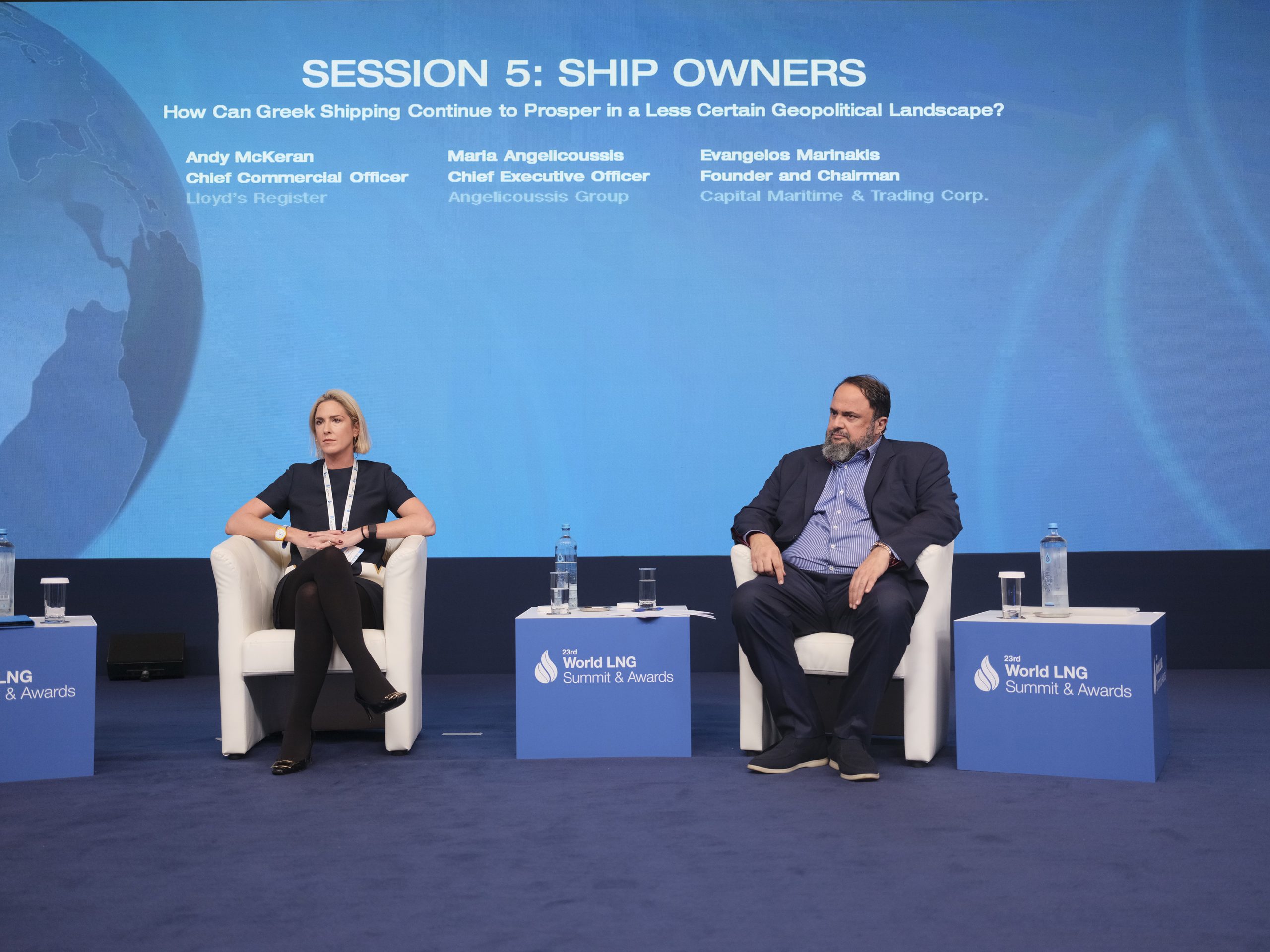
Capital Maritime & Trading Corp. Founder and Chairman Evangelos Marinakis detailed the challenges and future of the Liquefied Natural Gas (LNG) energy market and particularly its all-important shipping component, speaking on Wednesday during a high-profile discussion at the 23rd World LNG Summit & Awards – the world’s leading LNG forum – which is taking place this week in Athens.
He was joined on stage at the summit by Angelicoussis Shipping Group CEO Maria Angelicoussis, with the discussion moderated by Andy McKirahan, the chief commercial officer of the world’s leading class society, Lloyd’s Register, who also tabled most of the questions and follow-up queries. In opening up the discussion, McKirahan welcomed “the two biggest names in Greek shipping, but also two companies that are pioneering shipping into the future.”
The head of Greece-based Capital Maritime & Trading referred to the ever-increasing global emphasis on “green transition”, stressing the company’s commitment to protecting the environment, “…LNG is approximately 25 percent cleaner, or has less carbon…this is the fact.” He also reminded, in response to a question, that “our industry is not subsidized. So our commitment to the environment is also real…we go ahead, we pay with our own money and we construct new ships… we are traditional companies, we care about the environment, we care about the future, and we go ahead with it, without having a charter in advance. Therefore, we have chosen LNG as a commodity that is cleaner, and for the next, at least 10 to 15 years, we will go with it.”
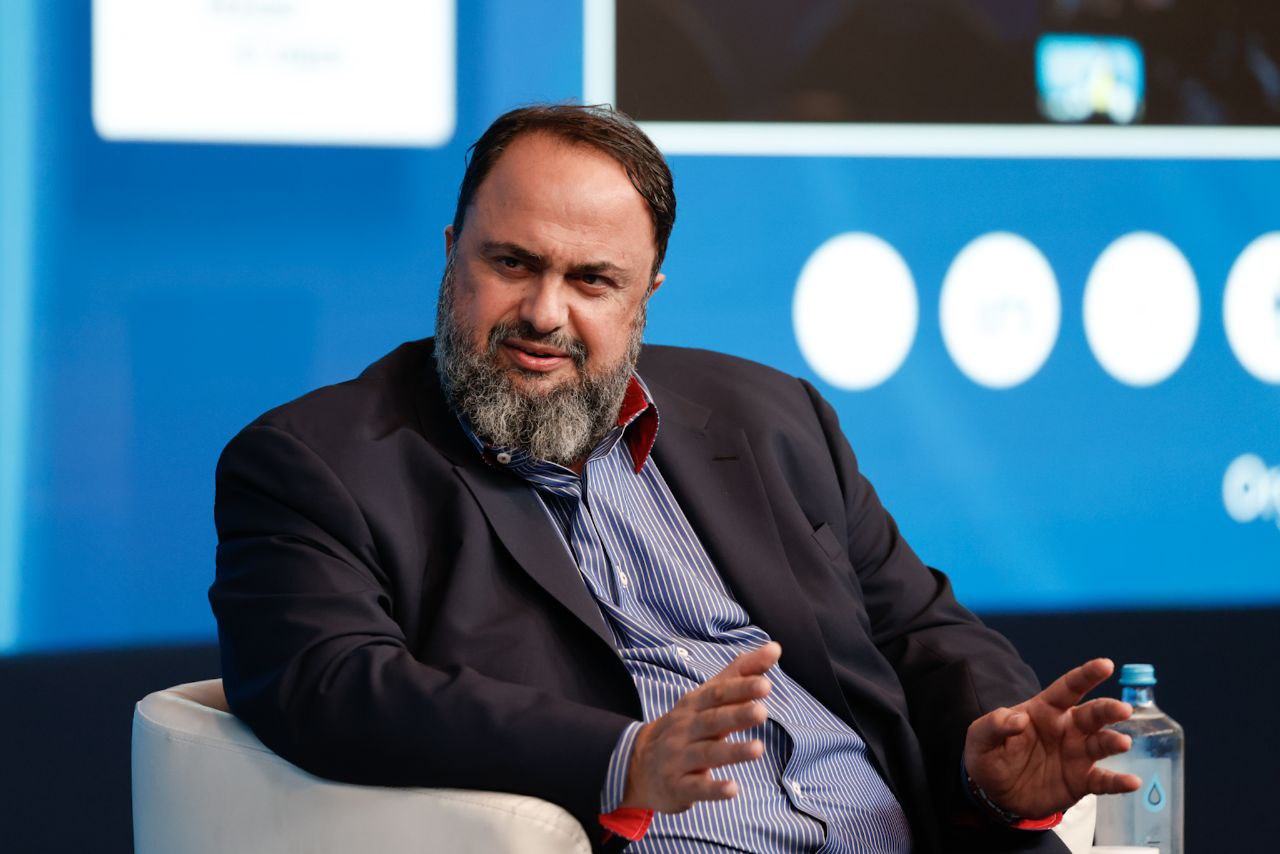
New fuels, new technologies
At the same time, Marinakis provided insight on Capital’s strategy vis-à-vis new fuels and technologies, he said: “…we believe in LNG, nearly 90 percent of our investment is LNG related, either on LNG vessels or dual-fuel LNG Aframaxes, Suezmaxes. We’re also looking at the VLCC space.”
Turning to alternative fuels in shipping, possibly in the near future, he again cited the prospect of using ammonia, saying “…ammonia is something that came recently. We’re looking at it for the past year. But in both cases when we order the VLACs, the issue is that the extra cost for the construction of a vessel, to be able to load 98 percent ammonia, is not that great. Of course, where the expense is much more is the engine, if we go for dual-fuel ammonia, there we’re talking about much bigger numbers. But we think that this [ammonia] is something that is coming and we wanted to be there; to be part of it…The same more or less applies for a CO2 vessel.” Furthermore, he added that “we’ve been the first to invest” in this sector.
‘We’ll do whatever is needed for the world to survive this sort of crisis’
Asked about geopolitical uncertainty, Marinakis reminded that the world today is faced with two wars, one in Ukraine and the other in the Middle East, a situation that generates uncertainty and without clear signs that “we’re coming to an end,” as he said.
Asked specifically about LNG, in light of the Russia-Ukraine conflict, the Capital chairman said one thing is for sure: “irrespective if the war will finish now, in a year’s time or two years’ time. Europe will receive less natural gas from Russia. So that means that there will be more LNG shipments, irrespective, for the years coming forward…Of course, all these geopolitical changes and wars, unfortunately for the society, when you see especially young children losing their life, but any life that is lost is something extremely cruel. But as far as shipping is concerned, all these uncertainties create new trade routes and, of course, vessels are needed, and especially when we’re talking about energy for LNG and for oil, we’re talking about strategic positions. It is not just the carriage of goods, but it’s strategic position, energy position for countries, for the security and the safety of our countries…we should be there to transport this energy, whenever it is needed, when conditions are not the most favorable. And as I said, we feel that we should be more committed because the responsibility is greater,” he underlined, adding: “But on the other hand, we have to be more committed in order to perform and do whatever is needed for the world to survive this sort of crisis.”
‘We see gas demand increasing 3 to 4 percent over next 10 years’
Angelicoussis expressed optimism regarding demand for LNG during the panel discussion.
“I’m going to focus on the LNG sector mainly, and here we are positive in the short, medium, and long term. We see gas demand increasing 3 to 4 percent over the next years, the next 10 years,” the CEO remarked.
Production Trends
Angelicoussis highlighted the growing production capacity to meet this demand, noting that “…over 180 million metric tons of unsanctioned supply will come online over the next five years, mostly from the US and Qatar”.
“Looking at the tragic war between Ukraine and Russia, this completely upended energy markets. Russian pipe gas, which was coming in at about 110 million metric tons a year, was severely reduced to about 18 million metric tons today. This was mostly replaced by seaborne LNG”, according to the shipping group’s CEO.
“LNG used to be the top-up for Europe and the fact that it became its baseload, so quickly and seamlessly, really underscores what a formidable and flexible energy vector LNG really is,” she said.
Angelicoussis added that increased demand is anticipated over the coming years, not only from Europe but also from China, the current world-leading LNG importer, along with other countries in the Asia-Pacific region.
‘Fuel Agnostic’ Approach and Investments
The head of the Angelicoussis group said her company was “fuel agnostic” given the unclear situation at present regarding the fuels of the future, while now investing in dual-fuel and LNG, which will be the fuel for the next 20-25 years, she estimated.
At the same time Angelicoussis said the company is considering alternative fuels, while citing the group’s collaboration with Chevron, with whom they have agreed to jointly study the use of vessels for ammonia transportation, a promising low carbon emission fuel.
Source: to vima.com
Latest News

Airbnb: Greece’s Short-Term Rentals Dip in March Amid Easter Shift
Data from analytics firm AirDNA shows that average occupancy for short-term rentals dropped to 45% in March, down from 49% the same month last year.

Easter Week in Greece: Holy Friday in Orthodoxy Today
At the Vespers service on Friday evening the image of Christ is removed from the Cross and wrapped in a white cloth

Meloni and Trump Meet in Washington, Vow to Strengthen Western Ties
“I am 100% sure there will be no problems reaching a deal on tariffs with the EU—none whatsoever,” Trump stressed.

ECB Cuts Interest Rates by 25 Basis Points in Expected Move
The ECB’s Governing Council opted to lower the deposit facility rate—the benchmark for signaling monetary policy direction—citing an updated assessment of inflation prospects, the dynamics of underlying inflation, and the strength of monetary policy transmission.

Current Account Deficit Fell by €573.2ml Feb. 2025: BoG
The improvement of Greece’s current account was mainly attributed to a more robust balance of goods and, to a lesser extent, an improved primary income account

Hellenic Food Authority Issues Food Safety Tips for Easter
Food safety tips on how to make sure your lamb has been properly inspected and your eggs stay fresh.

Greek Kiwifruit Exports Smash 200,000-Ton Mark, Setting New Record
According to data by the Association of Greek Fruit, Vegetable and Juice Exporters, Incofruit Hellas, between September 1, 2024, and April 17, 2025, kiwifruit exports increased by 14.2%.

Easter Tourism Boom: Greece Sees 18.3% Surge in Hotel Bookings
Among foreign markets, Israel has emerged as the biggest growth driver, with hotel bookings more than doubling—up 178.5% year-on-year.

Greece to Launch Fast-Track Tender for Offshore Hydrocarbon Exploration
Last week, Papastavrou signed the acceptance of interest for the two Cretan blocks, while similar decisions regarding the two Ionian Sea blocks were signed by his predecessor

American-Hellenic Chamber of Commerce to Open Washington D.C. Branch
AmCham's new office aims aims to deepen U.S.-Greece economic ties and promote investment and innovation between the two countries








![Πλημμύρες: Σημειώθηκαν σε επίπεδα ρεκόρ στην Ευρώπη το 2024 [γράφημα]](https://www.ot.gr/wp-content/uploads/2025/04/FLOOD_HUNGRY-90x90.jpg)




![Airbnb: Πτωτικά κινήθηκε η ζήτηση τον Μάρτιο – Τι δείχνουν τα στοιχεία [γράφημα]](https://www.ot.gr/wp-content/uploads/2024/07/airbnb-gba8e58468_1280-1-90x90.jpg)












![ΙΟΒΕ: Πώς το δημογραφικό υπονομεύει την ανάπτυξη – Τι συμβαίνει στις ελληνικές περιφέρειες [γραφήματα]](https://www.ot.gr/wp-content/uploads/2025/04/dimografiko-600x375.jpg)
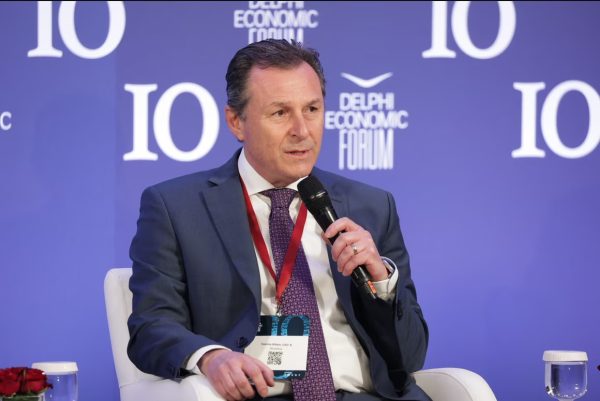


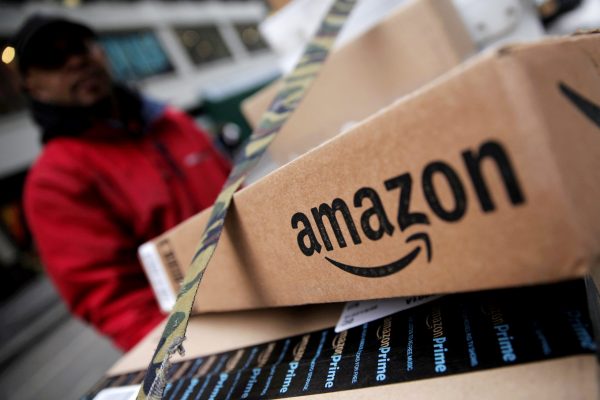
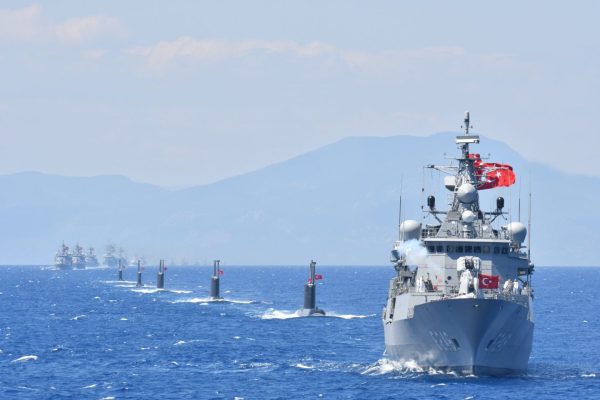




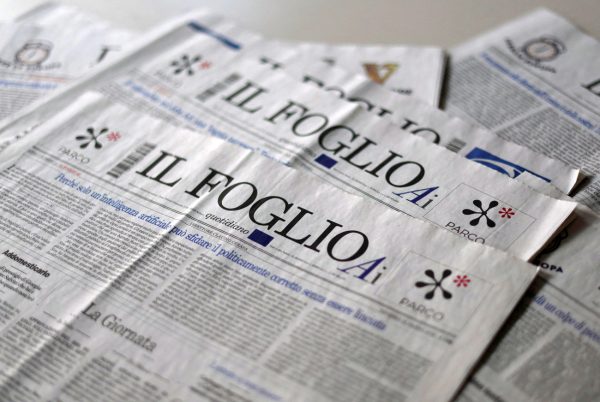


![Airbnb: Πτωτικά κινήθηκε η ζήτηση τον Μάρτιο – Τι δείχνουν τα στοιχεία [γράφημα]](https://www.ot.gr/wp-content/uploads/2024/07/airbnb-gba8e58468_1280-1-600x500.jpg)


 Αριθμός Πιστοποίησης
Αριθμός Πιστοποίησης